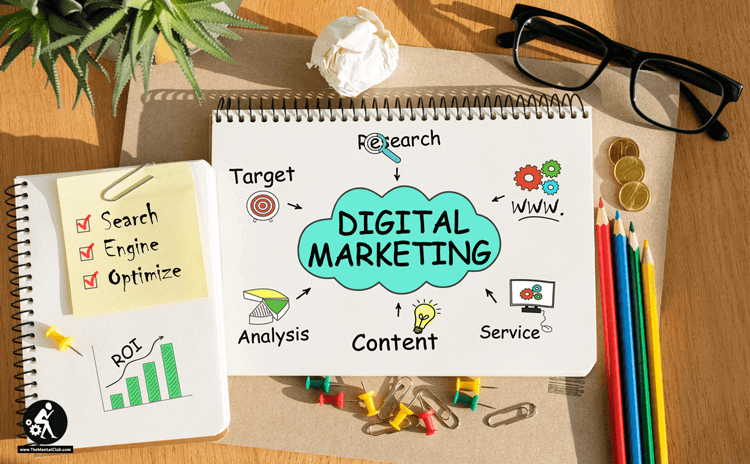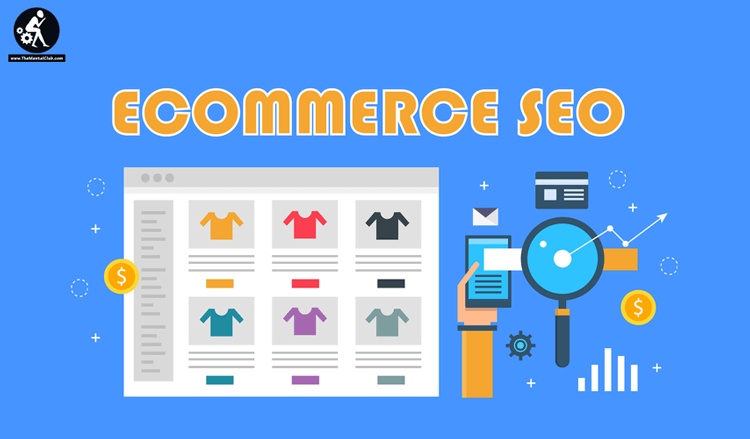As an online marketer who is looking for ways to increase traffic to your platform, understanding ecommerce website SEO packages is a great way to ensure you are getting the most out of your campaign.

With the ever-growing competition in the digital arena, only smart marketers are capable of attracting prospects and converting them into buying clients. If you are to make it amongst the top businesses online, you will also need to be strategic with your approach. Running a successful ecommerce platform is all about ensuring that you’re directing the right type of client to your website.
To help point you in the right direction, we will highlight some of the basic ecommerce website SEO packages that you must check for when working with a digital marketing firm.
Keywords research
Keywords play a critical role as they are the link between what your clients are looking for and the content you are offering to address their needs. The main reason you want to rank on search engines is to attract organic users to your website from the search engine result pages, and the keywords you select to focus on will determine the kind of traffic you get. If you are a concierge tour consultant, for instance, you need to rank for “concierge tour consultant” as opposed to other generic keywords like “concierge consultant.” Otherwise, you will end up attracting the wrong customers to your site. So, when checking for SEO packages, you should ensure that the company includes keyword identification and research so that you may rank and attract the right prospects. Remember, keyword research establishes an effective strategy for your e-commerce platform.

Keyword implementation
Once the keywords are identified, the next step should be the implementation. This process involves the use of high value and relevant keywords across your platform. Keywords can be placed in different places, including your home page, Meta descriptions, page titles, image alt text, and so on. Keyword implementation is a vital, ecommerce SEO strategy. If you do not optimize your site for these relevant keywords, it becomes hard for search engines and its users to find your site in the results. That’s why a good SEO package shouldn’t miss the keyword implementation as part of the strategy.
Product page optimization
This point here goes hand in hand with one mentioned above, only that the focus now narrows down to individual pages. Product pages are vital because they are highly likely to rank for long-tail keywords. If you sell blue jean trousers, you may not have a particular phrase, “blue jean trouser” on your homepage. However, your SEO plan can focus on optimizing individual pages for the appropriate long-tail keywords. With this kind of package, you will be able to ensure that your pages get high ranking on search rankings. When the titles, meta descriptions, and the entire content are optimized, then you can compete against your peers.
Site optimization
In this day and age where people’s attention span is dwindling, having a site that’s responsive, fast, and easy to navigate through is not an option, but a necessity. If your website takes more than three seconds to load, or if it does not fit on mobile screens, or if it is hard to move from one page to another, then it’s likely that your prospects will bounce off to your competitors, and you know what that means for your business. Ensuring that your site loads fast, is mobile friendly and easy to navigate is the best way to improve your rankings as well as the number of visitors to your site. That’s why you can’t miss the site optimization package in your ecommerce SEO.

Content marketing strategy
When it comes to online marketing, content is king. As mentioned earlier, a keyword is the linchpin between what the clients are searching for and what you are offering. In which case, content is the medium that’s used to deliver these keywords, along with the information that the clients are looking for. Without content, the keywords won’t be as effective, and without keywords, no one will ever find you. Studies reveal that 61% of clients prefer buying from companies that offer unique, high quality, and informative content. So, if you aren’t offering this, then you are missing out. That’s why you can’t miss content marketing in your ecommerce SEO package.
Offsite link building
SEO can be onsite or offsite. Most of the elements we’ve discussed earlier are onsite. But you can also do some offsite strategies – or those things that you do away from your site – to help grow your brand and also improve your sales. One such thing is link building. This is where you publish content on other related sites and link them back to your site. It is a great way to tell Google that your site has authority (especially if the links are coming from reputable sites), and also directly leads to your site.
Conclusion
Working with a leading digital marketing company is a great way to achieve quality results without going through the agony. However, it is essential to ensure that the company’s basic ecommerce SEO package includes all these strategies to help you rank.





























